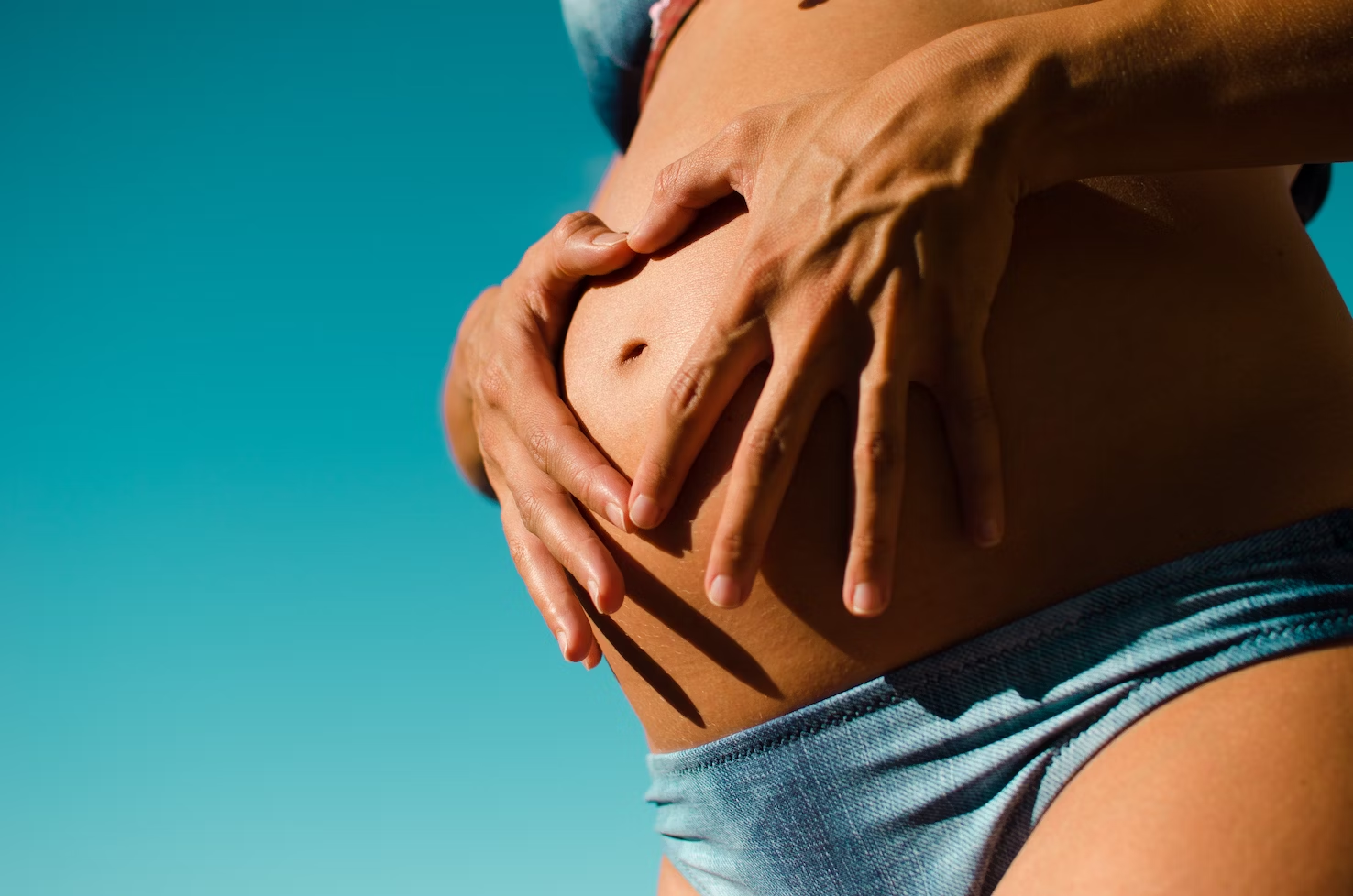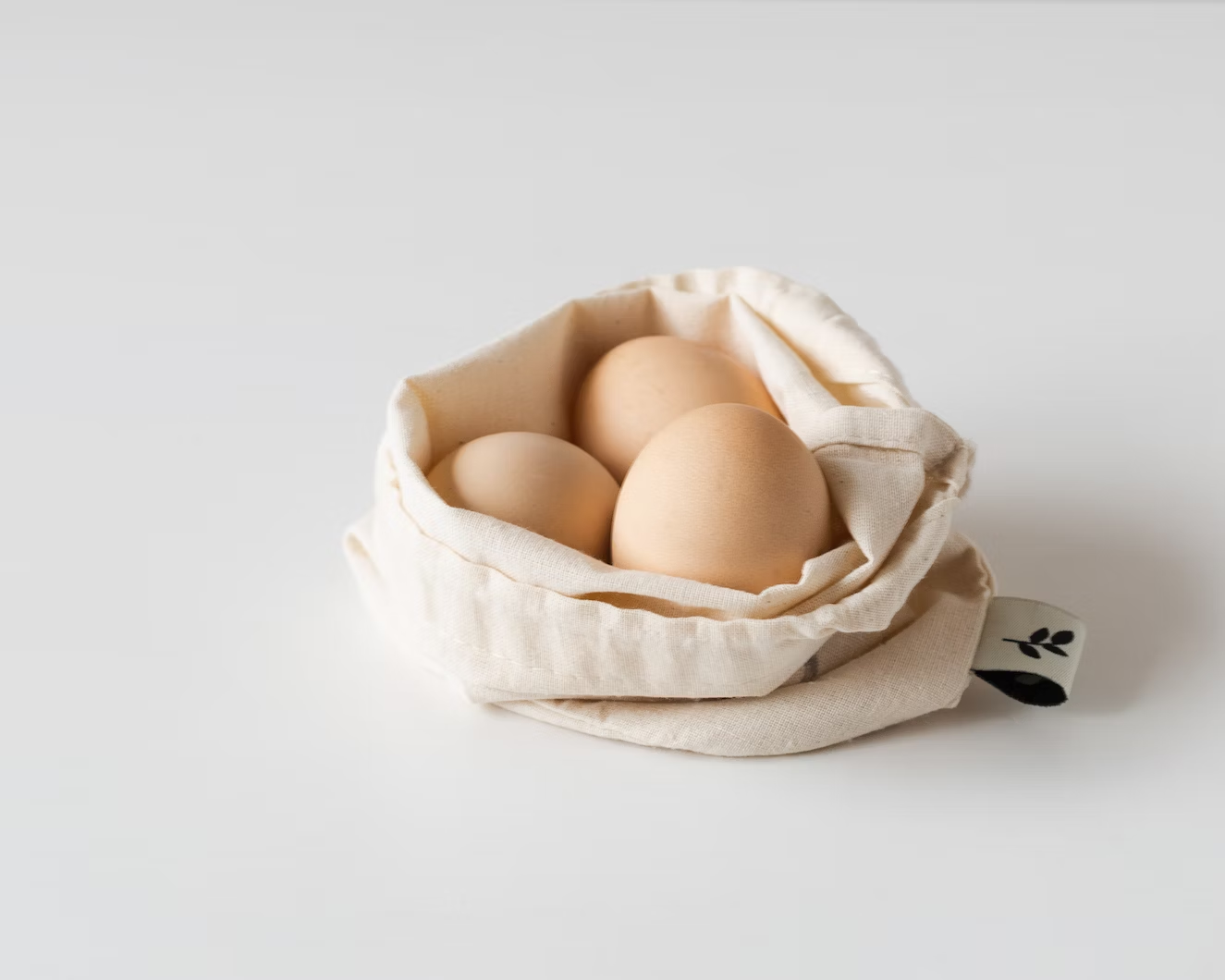How Long Can You Keep Eggs Frozen for IVF? A Comprehensive Guide for Women
 Have you dreamed of starting a family but felt your biological clock ticking louder than ever? Do you want control over your fertility without compromising on your career goals?
Have you dreamed of starting a family but felt your biological clock ticking louder than ever? Do you want control over your fertility without compromising on your career goals?
Then, egg freezing may hold the key to your family planning puzzle. Women today have more options than ever when it comes to planning their fertility journey.
One increasingly common choice is undergoing egg freezing, also known as oocyte cryopreservation, to preserve fertility for future use in in vitro fertilization (IVF).
At first glance, the idea of preserving your eggs on ice for future use may seem futuristic, but it has become an established treatment thanks to the dedication of fertility clinics across North America.
These include TRIO Fertility, ELITE IVF, and EVOLVE Egg Freezing – three highly reputable providers with excellent success rates and years of experience helping patients through the entire IVF process.
By extracting and cryopreserving your eggs when they are at their healthiest, you gain a fertility safety net to embrace motherhood on your timeline. Of course, questions arise. How long can you keep eggs frozen for IVF? Will they remain viable years down the line? What factors determine your chances of success?
In this comprehensive guide, we’ll unpack the science behind egg freezing and storage. We’ll also address concerns like age-related fertility decline and explore the true longevity that frozen eggs can offer.
By the end, you’ll grasp both the possibilities and practicalities of using your frozen assets for future IVF treatment.
Empowered with knowledge, you can make an informed choice about preserving your baby-making potential whenever it fits your life journey best. Your dream of becoming a mom is closer than you think – let’s get started!
Understanding Egg Freezing and IVF
Egg freezing, also known as oocyte cryopreservation, has surged in popularity in recent years. No longer is it seen as a last-ditch option for cancer patients – today’s progressive women are electing to freeze their healthy eggs while in their reproductive prime. This allows peace of mind to fully focus on work or education without the pressure of their biological clocks.
The process involves using ovarian stimulation medication to mature multiple eggs at once within the ovaries. Typically 10-15 eggs can be retrieved through an outpatient needle extraction procedure performed under ultrasound guidance.

When a woman is ready to pursue parenthood down the line, her banked eggs can be thawed and fertilized through IVF. During this process, eggs and sperm are combined in specialized lab dishes, giving the sperm a chance to fertilize each egg.
Any resulting fertilized eggs, now known as pre-embryos or zygotes, are then carefully cultured for 5-6 days. Finally, the healthiest pre-embryo(s) are selected for transfer into the woman’s uterus, where it hopes to implant and develop into a successful pregnancy over weeks and months.
The Role of Frozen Eggs in IVF: A Detailed Analysis
Frozen eggs open up a world of possibilities for women who want to delay childbearing or preserve options for their future. During an IVF cycle using frozen eggs, the previously extracted and vitrified eggs are rapidly thawed then fertilized with sperm through a process called intracytoplasmic sperm injection (ICSI).
Any pre-embryos that develop from fertilized eggs are cultured in an incubator for 2-5 days before the best quality ones are selected for uterine transfer through a non-surgical procedure. This final step provides the opportunity for the pre-embryo to implant and develop into a pregnancy.
Egg Freezing Process
Egg freezing begins with ovarian hyperstimulation, a process where a woman takes fertility medications for approximately 10-14 days to stimulate the development of multiple eggs within the ovaries.
This is done to maximize the number of eggs that can be collected for freezing. Once the eggs have reached maturity, they are retrieved through an outpatient procedure called transvaginal needle aspiration, performed under ultrasound guidance.
The harvested eggs undergo preliminary inspection in the lab. This generally includes a process called cryoprotection by exposing the eggs to chemicals such as sucrose or trehalose first. These cryoprotectants help protect and minimize potential harm from icy conditions during freezing and later thawing.
Next, the eggs are placed into small cryo containers. They are chilled in a controlled process down to -6°C. Then, the containers are swiftly submerged into extremely cold liquid nitrogen at -196°C.
This ultra-low temperature environment provides long-term frozen storage for preservation until needed. The whole cryopreservation procedure aims to maintain the health and viability of the valuable eggs long-term.
When a woman wants to use her frozen eggs, she will undergo a thawing process. The frozen egg containers are rapidly thawed in a water bath before removing the protective solutions. If they survive the thaw intact, the eggs are then ready for fertilization. During an IVF cycle using frozen eggs, the woman will take fertility medications to ready the uterus for implantation.
On the day of Retrieval, her partner or donor’s sperm is prepared for intracytoplasmic sperm injection (ICSI). Through ICSI, a single sperm is injected directly into each mature egg using micromanipulation equipment.
Any fertilized eggs, now embryos, are cultured for 2-5 days to observe development. The highest quality embryos are then selected for uterine transfer through a non-surgical procedure. In two weeks’ time, a pregnancy test confirms if implantation was successful.
The Science Behind Egg Freezing

Key to the process is removing intracellular water from eggs and replacing it rapidly with cryoprotectant solutions before flash freezing in liquid nitrogen. This way, the cell is effectively “frozen” in a metabolism-arrested glass-like state instead of damaging ice crystals forming during slow-cooling methods previously used.
The Potential Impact of Long-Term Freezing on Egg Quality
While vitrification offers significant promise, there remains limited data on eggs’ abilities to maintain their potential after decades of storage. Studies so far show high survival of 90-95% or more after thawing vitrified eggs, and increasing evidence the procedure does not impair developmental potential or the health of resulting pregnancies and babies.
Still, the effects of extremely prolonged cryopreservation stretching potentially 30-50 years into the future remain largely unknown. On-going research aims to assess the viability and health outcomes from eggs stored cryogenically for 15-20+ years.
How Long Can You Keep Eggs Frozen for IVF?
This is one of the most common questions asked by women considering egg freezing. Based on current scientific evidence, experts indicate frozen eggs can likely maintain viability for decades when stored in liquid nitrogen at -196°C.
The first successful pregnancy from a thawed frozen egg was reported in 1986, showing successful long-term storage is possible. The largest study to date looked at outcomes for over 3,000 vitrified egg cycles and found birth rates remained stable even 10-15 years after the eggs were frozen.
While official recommendations state eggs can remain frozen indefinitely, fertility clinics like TRIO Fertility typically suggest using frozen eggs within 10-15 years for the highest chance of achieving a pregnancy.
However, as vitrification techniques continue advancing, it’s expected the longevity may be pushed even further into potentially 50 years or more. Studies also show some success rates from eggs frozen for 20 years. So in summary, frozen eggs stored properly can remain viable for 10-20 years, potentially longer.
The Longevity of Frozen Eggs: What Science Says
Cutting-edge research indicates frozen eggs cryopreserved using optimal vitrification methods, like those used by ELITE IVF, can potentially maintain viability for decades based on evidence so far.
Ongoing clinical trials carefully tracking birth outcomes for eggs cryopreserved at younger ages and stored for progressively longer periods will provide more conclusive data in the future. But even now, studies repeatedly show eggs maintain a normal potential after 10+ years of storage in liquid nitrogen, supporting long shelf lives.
As vitrification innovation progresses, it’s hoped eggs may remain viable options for even longer storage times to accommodate any future changes in women’s family planning choices.
The Impact of Age on Egg Quality: An Important Consideration
While advancing science delivers promise for the longevity of frozen eggs, it’s also important to recognize a woman’s age at retrieval impacts outcomes. Fertility naturally declines starting in a woman’s late 20s, and by 35-40 it experiences a steep drop-off. This decrease stems from the finite number of eggs a female is born with and their inevitable aging within the ovaries.
Studies show eggs collected from younger women under 30-35 at clinics like EVOLVE Egg Freezing have higher developmental potential and implantation rates after thawing compared to eggs frozen at older ages.
Experts suggest freezing eggs when a woman is closest to her reproductive prime between 27-32 years old whenever possible to optimize results if she plans on future use. But egg freezing remains a valid choice at any age for those seeking to preserve existing fertility.
Let’s Review
In summary, the future remains bright for those hoping to achieve pregnancy using previously frozen eggs. Based on evidence to date, vitrified eggs stored in liquid nitrogen can maintain viability for 10-15 years when using optimal techniques. Research also suggests viability may extend even longer, potentially up to 50 years into the future.
While a woman’s age at retrieval impacts egg quality over time, freezing eggs at a younger age provides the highest likelihood of future success. With further innovation continuing to advance vitrification methods, frozen eggs offer renewed promise and empowering options to many hoping to chart their paths to parenthood.
The dedicated medical teams at leading IVF providers like TRIO Fertility, ELITE IVF, and EVOLVE Egg Freezing stay on the cutting edge of research, working hard to expand our understanding of egg cryopreservation. Their successful track records demonstrate the life-changing impact frozen egg banking can have.
For women seeking control over their fertility journey, egg freezing unlocked doors that were previously closed. It alleviates biological pressures to start a family by a certain age.
Those whose careers, education plans, or personal lives aren’t ready for parenthood now have means of safeguarding future family visions. Egg cryopreservation gives peace of mind, knowing options exist down the line even if life circumstances change.
Conclusion
While there is no substitute for a woman’s naturally youthful eggs, banked eggs can still result in healthy pregnancies and babies. Success stories consistently emerge as pioneering clinics like TRIO help guide patients through the full circle of IVF, from egg retrieval to pregnancy achievement. Their attentive, personalized care maximizes chances at each step.
For others wrestling with fertility issues, anonymous donors or surrogacy using thawed eggs now present real alternatives. Egg freezing emerged as a lifeline initially for cancer patients threatened with infertility. Its wider acceptance as mainstream women’s healthcare exemplifies modern progress.
No longer must anyone feel limited by nature alone in fulfilling dreams of parenthood. Technology today empowers choice and control. Of course, as with any medical innovation, responsible application remains paramount. An informed decision balancing realistic outlooks and personal context stands key.
Guidance from fertility experts can navigate unknowns to promote realistic yet hopeful outlooks. Overall, while further research continues illuminating egg cryopreservation’s true boundaries, its existing benefits already resoundingly answer lifelong questions for many.
Women can now shield a part of themselves through time, keeping precisely that potential for parenthood on ice until the moment feels right to take it in hand again. Their futures hold options that only a few short years ago remained dreams beyond reach. In this light, egg freezing’s impacts feel nothing short of revolutionary.

